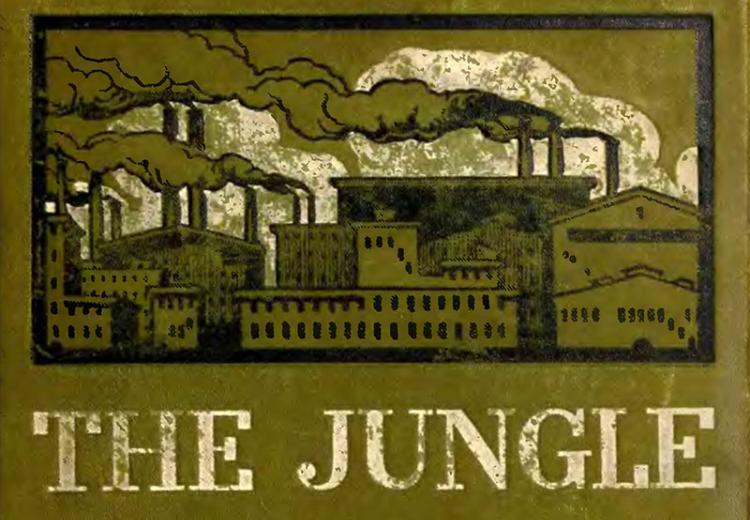Lesson 2. “Read All About It”: Primary Source Reading in “Chronicling America”

The Jungle, 1906.
In this lesson, students read several investigative newspaper articles leading to the landmark legislation of the Roosevelt Administration the Pure Food and Drug Act and the Meat Inspection Act. These documents provide an opportunity for close reading of complex informational texts as well as understanding the historical and political context of reform.
Progressives in Congress had been frustrated with passage of a pure food and drug bill for decades. Harvey Washington Wiley, the chief chemist at the U.S. Department of Agriculture had been the leading advocate for reform. To bring his cause to the public, Wiley organized a volunteer group of healthy young men, called the Poison Squad, who tested the effects of chemicals and adulterated foods on themselves.
The sensation caused by the publication The Jungle changed the dynamic in Washington D.C. Within a few months of publication of The Jungle, Congress passed two landmark pieces of legislation: the Pure Food and Drug Act and the Meat Inspection Act, the most successful and enduring legislation of the Progressive Era.
There is also an optional excerpt from Roosevelt’s “Man with the Muck-Rake” speech from which this style of investigative journalism gets its name.President Roosevelt took the view that hard hitting investigative journalism was necessary where there were problems that needed to be exposed, but he warned against unsupported attacks on the good character of public figures and institutitions.
Guiding Questions
What is the proper role of the press when covering the U.S. government?
Learning Objectives
Students will analyze primary sources on critical issues of the Progressive era and construct an argument expressing their position on those issues.
Students will evaluate the role that newspaper journalism played in informing and shaping public opinion in the Progressive era.
